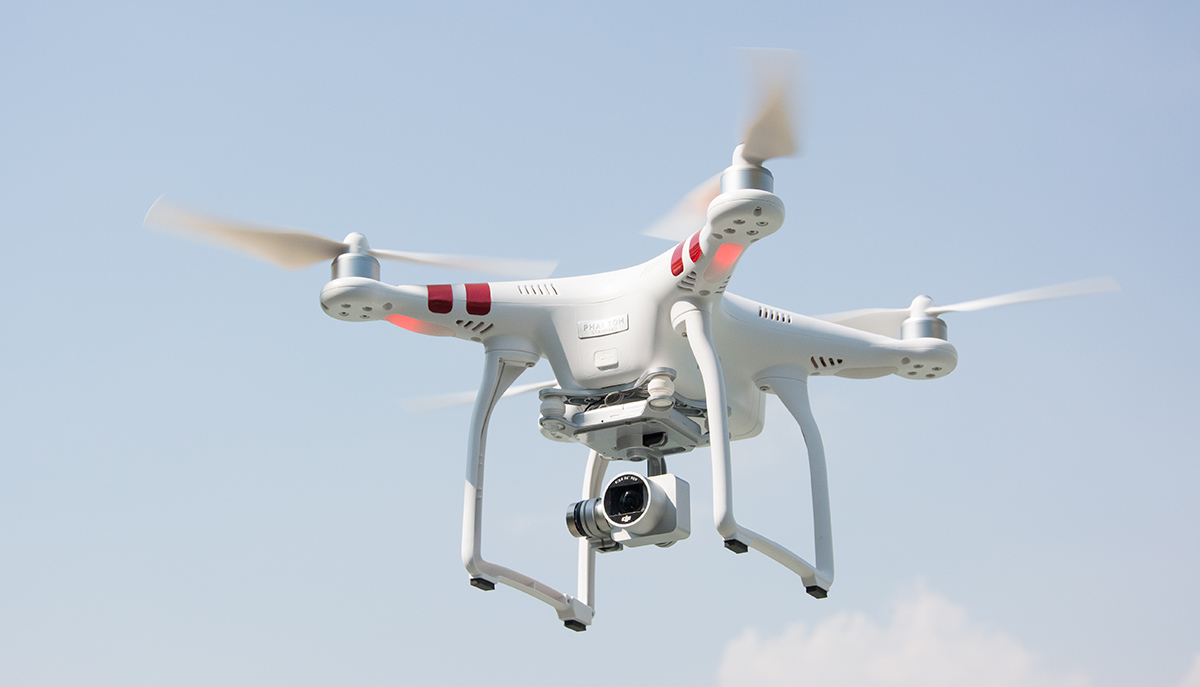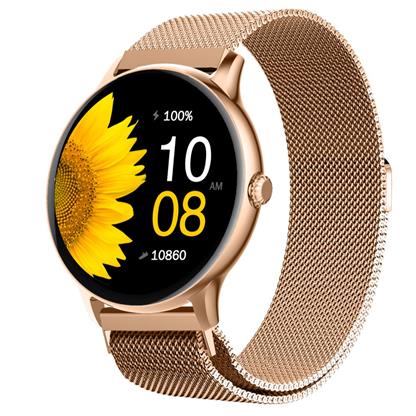The rapidly evolving world of drone technology puts a lot of emphasis on the battery performance, for it is a key factor that keeps the efficiency and efficacy of the drone operations in various sectors. Among the various kinds of drone battery being adopted today, Lithium Ion (Li-ion) batteries are getting a lot of attention, in particular for agricultural and delivery drones. It is this article which explains why the drone battery is the better choice today when compared to the imported Lithium Polymer (LiPo), which is mostly inferior in terms of technology, safety, and reliability.
- Advanced Battery Technology: Li-ion batteries for drones are at the forefront of advanced energy solutions. These batteries offer high energy densities, which means drones can operate longer on a single charge and carry more weight, whether it’s agricultural payloads or delivery packages. This is particularly critical as the demand for longer flight times and greater payload capacities grows in sectors like agriculture and logistics. Moreover, the technology behind Li-ion batteries supports faster charging times compared to LiPo batteries. This is crucial for operations that require quick turnaround times between flights, ensuring that drones spend more time in the air performing tasks and less time on the ground recharging. Faster charging also contributes to more efficient day-to-day operations, enabling continuous drone activity with minimal downtime.
- Safety Features: Safety is paramount in any technology used in close proximity to humans and animals, especially in agricultural settings. Li-ion batteries are generally considered safer than their LiPo counterparts due to their stable chemical composition. Li-ion batteries are less prone to catching fire in the event of a failure or when damaged. This safety feature is vital for maintaining the security of the operations and the surrounding environment, making Li-ion batteries a preferred choice for drones used in sensitive areas such as farms and populated urban areas. The robustness of Li-ion cells also allows them to withstand diverse environmental conditions, which is crucial for drones operating outdoors. They can maintain performance across a range of temperatures and weather conditions, further enhancing their reliability and safety profile.
- Affordability and Economic Efficiency: When it comes to cost-effectiveness, Lithium ion battery for drone offers significant advantages. Initially, the cost might be on par with or slightly higher than LiPo batteries, but the longer lifecycle of Li-ion batteries means they need to be replaced less frequently. This reduces the overall cost of ownership over the lifespan of the drone. Additionally, the efficiency of charging and energy use translates into lower operational costs, as energy can be conserved and used more effectively during drone missions. The economic benefits are particularly pronounced in agricultural and delivery drones, where operational efficiency and cost management are crucial to maintaining competitive advantage and achieving scale.
- Reliable Power Solution: Reliability is a key factor in the adoption of any technology for commercial purposes. Li-ion batteries provide a consistent power output and maintain their charge capacity over many more cycles than LiPo batteries. This reliability ensures that drones can perform predictable and consistent flights, which is essential for applications like precise agricultural spraying, regular delivery schedules, and other commercial drone uses. The steady discharge rate of Li-ion batteries also means that drones can operate at peak performance for the majority of their flight time, without the power output dropping significantly as the battery discharges. This is critical for maintaining the efficiency of operations, especially during lengthy missions or when carrying out complex tasks that require a stable and reliable power supply.
- Tailored Solutions for Diverse Applications: With advancements in research and development in battery technology, specific types of Li-ion batteries are now being recommended for particular drone applications. For instance, solid-state Li-ion batteries, known for their higher energy density and improved safety features, are becoming the go-to choice for surveillance and survey drones. These applications often require extended flight times and additional power for onboard equipment, making the enhanced performance characteristics of solid-state technology ideal. On the other hand, traditional Li-ion batteries continue to be recommended for agricultural and delivery drones due to their balance of cost, performance, and safety. This targeted approach in recommending battery chemistries ensures that each drone operation is optimized for its specific requirements, enhancing overall effectiveness and efficiency.
- Environmental Impact and Sustainability: Li-ion batteries not only excel in performance and safety but also have a lower environmental impact compared to other battery types. Li-ion batteries are generally more eco-friendly because they contain fewer toxic metals than other batteries, such as nickel-cadmium (NiCd) or older LiPo technologies. This characteristic makes them a more sustainable choice as they are less hazardous when disposed of and are often subject to recycling programs that help reduce their environmental footprint. Additionally, the longer lifespan of Li-ion batteries contributes to fewer battery replacements and less waste generated over time.
- Enhanced Diagnostic Capabilities: Modern Li-ion batteries are often equipped with smart technology that allows for real-time monitoring of battery health and performance metrics such as charge levels, temperature, and voltage. This capability enables predictive maintenance and early detection of potential issues before they lead to battery failure. For commercial drone operators, this means increased operational reliability and lower maintenance costs. Diagnostic tools can also help in optimizing battery usage to maximize lifespan and efficiency, ensuring that drones operate at their best.
- Support for Heavier Payloads: Li-ion batteries provide a higher power-to-weight ratio compared to LiPo batteries, which is a crucial advantage in drone technology. This higher power density allows drones to carry heavier payloads without a significant reduction in flight time. This feature is especially beneficial for agricultural drones that need to carry large quantities of liquids for spraying or delivery drones required to transport heavier packages. The ability to carry more weight opens up new possibilities for commercial drone applications and increases the economic viability of drone services.
The benefits of adopting Li-ion battery technology with mPower for drones are clear and compelling. From advanced technology and safety features to affordability and reliability, Li-ion batteries represent a superior choice for powering the next generation of drones. As the technology continues to evolve and improve, it will undoubtedly play a crucial role in expanding the capabilities and applications of drones across various industries. With tailored solutions for specific applications, the potential for drones to impact our world is limitless, powered by the right choice in battery technology.


